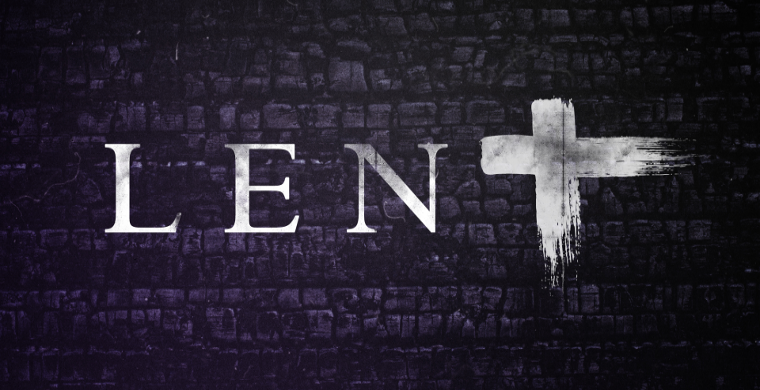The Wilderness of Lent
By Dr. Duane W. H. Arnold
Special to Virtueonline
www.virtueonline.org
February 22, 2021
The idea of Lent is remarkable in that it is perhaps one of the best known portions of the Christian Year while, at the same time having its origins somewhat hidden from view. While we know from the historical record that most early Christians engaged in fasting prior to Good Friday and Easter, the time and the severity of the fast seems to have widely differed. When Irenaeus (c. 130 - c. 200) wrote concerning the celebration of Easter he indicated that while there were diverse opinions regarding the solemnity of Good Friday and the celebration of Easter, there were also varieties of practices concerning fasting. "For the difference of opinion is not about the day alone, but about the manner of fasting; for some think they are to fast one day; some two, some more; some measure their day [between Good Friday and Easter] as forty hours of the day and night." The idea of such a fast likely came from the words of Christ that, "the days will come when the bridegroom shall be taken away from them, and then they shall fast in those days". It also seems likely that the time between the death of Christ and his resurrection came to be estimate at forty hours, corresponding with Israel's forty years in the wilderness and Christ's forty days in the wilderness.
The Lenten season of preparation expanded, however, as it also became the time of preparation for converts to the faith to receive their last period of instruction prior to their baptism at Easter. That being said, the actual duration of the Lenten fast varied in the early Church. Certain churches determined upon a three week fast, while others enjoined a six or seven week fast. Among these various churches some omitted Saturdays and Sundays from the days in which fasting was observed (with the exception of Holy Saturday). In some Eastern churches the fast was seven weeks which, leaving out Saturdays and Sundays, provided thirty-six days of actual fasting. In some Western churches the fast was six weeks, but with only Sundays excepted, they also provided thirty-six days of fasting. Indeed, it was not until the fourth century that the Church of Jerusalem prescribed a fast of a full forty days and it was not until the sixth century that Gregory, the bishop of Rome codified such a fast by extending it to four days before the First Sunday of Lent to what we now know as Ash Wednesday.
As the Church grew in the first centuries it seems likely that a consensus arose that a forty hour fast was insufficient. Additionally, those who were already believers wished to align themselves with those catechumens who were being prepared for baptism, a process requiring days and weeks, not hours. Indeed, it had become the custom on the fortieth day before Easter to enroll the candidates for baptism, who would then be known as 'competentes' (competent or qualified). Moreover, forty days had biblical significance. Not only did it align with the temptation of Christ in the wilderness (as mentioned above) it also hearkened back to the forty days spent in the wilderness by Moses and Elijah and the forty day period of grace given to the people of Nineveh in the preaching of Jonah.
The degree of fasting also varied from church to church and region to region. Writing in the fourth century, John Chrysostom wrote of "those who rival one another in fasting and show marvelous emulation in it; some who spend two whole days without food and others who reject from their tables wine, oil and every dish, partaking only of bread and water for the whole of Lent". Others, especially in the West, enjoined the practice of a single meal in the evening. Others rejected meat for the season, eating only fish. Yet others set aside cheese, butter, eggs and milk.
Now, while I think there can be merit in a fast-involving food and drink, I think the Lenten season is about more than, "I gave up cream in my coffee for Lent". I believe it is something far more profound.
Lent is a season in the wilderness. Lent is a season of reflection and repentance.
To be in the wilderness is to give up power. Our Lord's preparation for his public ministry begins with forty days of fasting and prayer in the wilderness. Each temptation that came to him was an invitation to exercise power. In other words, he was tempted to achieve his great work by the normal and expected means - by force, by display, even by transactional politics. He refused and chose instead the solitary way of the cross.
To be in the wilderness is to give up power. It is a time to reflect and repent, knowing that we do not possess the power to save our selves. We will not be saved by our politics, by our theories or by the force of our arguments as we seek to convince others concerning our point of view, no matter how right we believe that we are in those theories, arguments and viewpoints.
Lent is not about giving up some things, it's about giving up everything... it's about giving up power in exchange for a cross.
Duane W.H. Arnold
The Project














